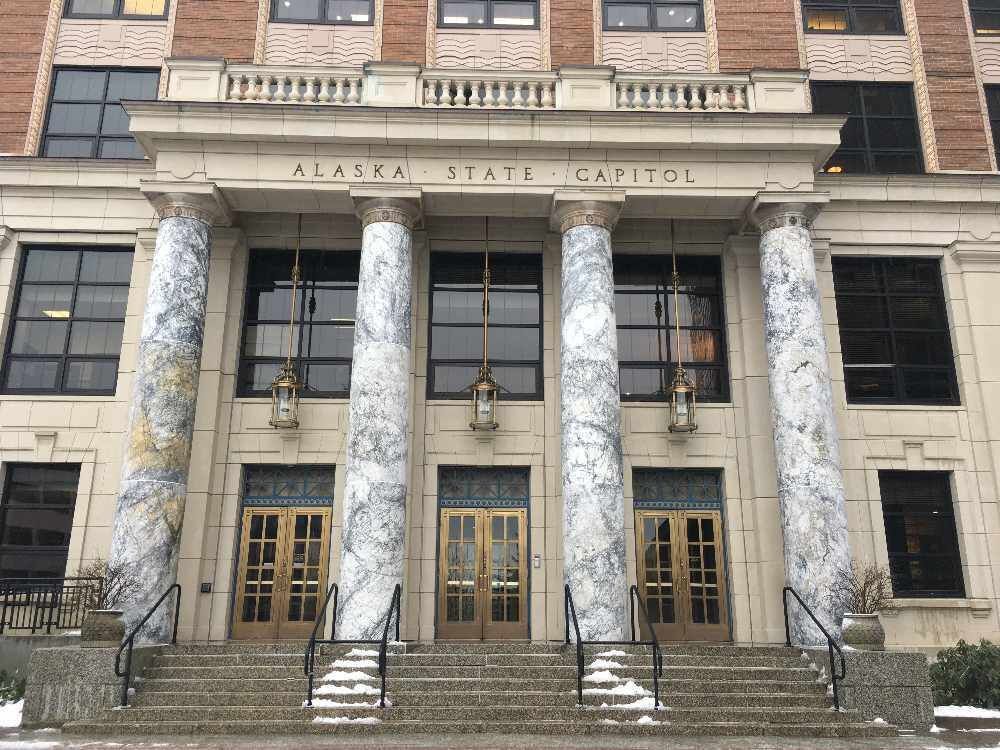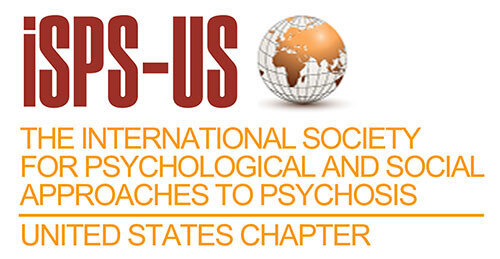
We are pleased to share with you the latest White Paper from ISPS-US member Jim Gottstein and colleagues, in association with the International Society for Ethical Psychology & Psychiatry. The White Paper is a response to Alaska's HB172 bill, presents evidence against coercive approaches, and offers effective alternative approaches such as peer respite houses, hearing voices groups, and open dialogue. These alternatives are among the approaches that ISPS-US promotes.
Well done Jim, Faith Myers, Susan Musante, David Cohen, PhD, Peter C. Gøtzsche, MD, and David Healy, MD, for this excellent work.
Read the Executive Summary below:
On July 15, 2022, Governor Dunleavy signed HB172 into law as Chapter 41 Session Laws of Alaska 2022 (Legislation), which at Section 36 requires the Department of Health, Department of Family and Community Services, and the Alaska Mental Health Trust Authority to report on, among other things, improving psychiatric patient outcomes, institutional trauma, enhancing patient rights, the grievance process, and patient injuries (Report).
If the fundamental purpose of the mental health system is to improve the lives of psychiatric patients it is failing miserably. That the State does not keep track of institutional trauma and patient complaints, and has no legitimate grievance process are illustrations of the lack of commitment to improving patients’ lives.
The mental health system’s standard treatments are counterproductive and harmful, and often forced on unwilling patients. The overreliance on psychiatric drugs is reducing the recovery rate of people diagnosed with serious mental illness from a possible 80% to 5% and reducing their life spans by 20 years or so. Psychiatric incarceration, euphemistically called “involuntary commitment,” is similarly counterproductive and harmful, adding to patients’ trauma and massively associated with suicides. Harmful psychiatric interventions are being imposed on people by judges in proceedings where the facts about treatments and their harms are not being presented by appointed counsel, rendering the proceedings shams.
Court proceedings to psychiatrically incarcerate people on the grounds it is necessary to protect other people from harm should be eliminated; predictions of violence are not accurate and no one else besides someone who receives a psychiatric diagnosis is incarcerated for something they might do in the future. Court proceedings to psychiatrically drug people against their will on the grounds it is in their best interest should be eliminated. They are not in people’s best interest if unwanted. “If it is not voluntary it is not treatment.” If such proceedings are nonetheless held, they should be conducted in a legitimate manner.
The most important elements for improving patients’ lives are People, Place and Purpose. People—even psychiatric patients—need to have a safe place to live (Place), relationships (People), and to have activity that is meaningful to them, usually school or work (Purpose). People need to be given hope these are possible. Voluntary approaches that improve people’s lives should be made available instead of the currently prevailing counterproductive and harmful psychiatric drugs for everyone, forever regime often forced on people. These approaches include Non-Police Community Response Teams, Peer Respites, Soteria Houses, Drug-Free Hospitals, Healing Homes, Warm Lines, Hearing Voices Network, and emotional CPR (eCPR).
By implementing these approaches, Alaska’s mental health system can move towards the 80% possible recovery rate. As bad as it is for adults, the psychiatric incarceration and psychiatric drugging of children and youth is even more tragic and should be stopped. Instead, children and youth should be helped to manage their emotions and become successful, and their parents should be given support and assistance to achieve this.

